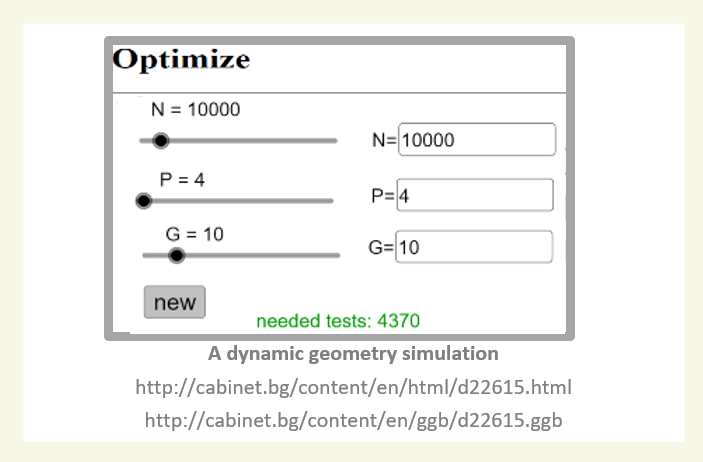
Masks: A sign of solidarity It’s hard to imagine everyday life without them – whether shopping or at school, masks are always with us, because we want to protect ourselves and our loved ones. And in order to maintain its…

Masks: A sign of solidarity It’s hard to imagine everyday life without them – whether shopping or at school, masks are always with us, because we want to protect ourselves and our loved ones. And in order to maintain its…

Because of Corona we all have to keep distance from each other. Countries use various measures. In the Netherlands, for example, a distance of 1,5 meters must be maintained, but in other countries such as France it is only 1…

Magnificent avenues of horse chestnut trees have adorned the city parks for over a hundred years. Have you ever taken a closer look at the remarkable inflorescences and striking leaves? Was it also a pleasure for you in kindergarten to…

Microorganisms are part of our daily lives and they are present in our environment. They live anywhere, surrounding us, both in our body and/or the outside. Many of them do not have effects on our health, but some of them…

No contrails, but blue sky and bright sunshine. Spring 2020 brought lots of good weather – but also curfews and travel bans. Instead of spending Easter at the beach or visiting grandma and grandpa, staycation was the order of the…

The best case and the worst case testing scenarios are extremely rare in a real setting. You could explore real case situations by means of a dynamic geometry simulation (see simulation link above). Let N be the number of inhabitans,…

Testing large quantities of blood samples to detect one or more positive sample(s) of a virus disease is expensive and time consuming. What if we decide to make pools of samples to optimise the process? How do we do it?…

Will eating chocolate make me gain weight? Use the knowledge that you already possess to attempt to answer this question. Be ready to discuss and present arguments for and against this statement. This is what Jane and Paul had to…

All humans have the capacity to pause, listen and recognize the diversity and quality of sound in any given space. Through more active listening, each of us can find a different connection to the environments we inhabit1. Restrictions due to…

Plastic waste, environmental pollution, a virus, that keeps the whole world in suspense – isn’t there one good thing left on earth? Can we create something good out of all this? In Greece, many schools, organizations and municipalities collect…
You need to load content from reCAPTCHA to submit the form. Please note that doing so will share data with third-party providers.
More InformationYou are currently viewing a placeholder content from Turnstile. To access the actual content, click the button below. Please note that doing so will share data with third-party providers.
More InformationYou are currently viewing a placeholder content from Facebook. To access the actual content, click the button below. Please note that doing so will share data with third-party providers.
More InformationYou are currently viewing a placeholder content from Instagram. To access the actual content, click the button below. Please note that doing so will share data with third-party providers.
More InformationYou are currently viewing a placeholder content from OpenStreetMap. To access the actual content, click the button below. Please note that doing so will share data with third-party providers.
More InformationYou are currently viewing a placeholder content from Google Maps. To access the actual content, click the button below. Please note that doing so will share data with third-party providers.
More InformationYou are currently viewing a placeholder content from YouTube. To access the actual content, click the button below. Please note that doing so will share data with third-party providers.
More InformationYou are currently viewing a placeholder content from Vimeo. To access the actual content, click the button below. Please note that doing so will share data with third-party providers.
More InformationYou need to load content from hCaptcha to submit the form. Please note that doing so will share data with third-party providers.
More InformationYou need to load content from reCAPTCHA to submit the form. Please note that doing so will share data with third-party providers.
More InformationYou are currently viewing a placeholder content from Turnstile. To access the actual content, click the button below. Please note that doing so will share data with third-party providers.
More InformationYou are currently viewing a placeholder content from X. To access the actual content, click the button below. Please note that doing so will share data with third-party providers.
More Information